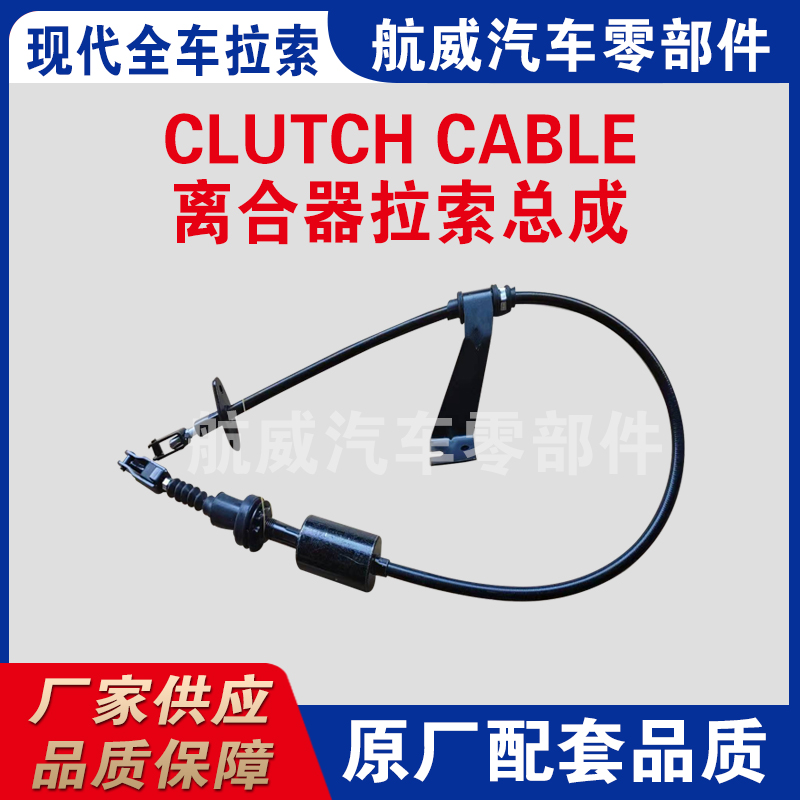clutch hose
Understanding Clutch Hoses Importance and Maintenance
When it comes to the intricate systems that keep our vehicles operating smoothly, the clutch system holds a pivotal role, especially for manual transmission vehicles. One of the often-overlooked components of this system is the clutch hose. This article delves into what a clutch hose is, its significance, potential issues that can arise from neglect, and tips for maintenance.
What is a Clutch Hose?
The clutch hose is a crucial component of the hydraulic clutch system in a vehicle. It functions as a conduit for the hydraulic fluid, enabling the driver to engage and disengage the clutch effectively. When the driver presses the clutch pedal, the hydraulic fluid travels through the hose to the slave cylinder, causing the clutch mechanism to disengage. This allows smooth shifting between gears. Typically made from high-quality rubber or reinforced materials, clutch hoses must withstand high pressure and temperature variations.
Importance of the Clutch Hose
1. Performance A well-functioning clutch hose is essential for optimum driving performance. If the hose develops leaks or blockages, it can lead to poor clutch responsiveness, making it difficult to shift gears. This can result in a jerky driving experience, increased wear on the transmission, and ultimately, potential damage to the vehicle.
2. Safety A malfunctioning clutch hose can create dangerous situations while driving. For example, if the clutch fails to disengage, the driver may be unable to shift gears, complicating maneuvers, especially in high-traffic conditions or during sudden stops.
3. Longevity of Components Keeping a close eye on the condition of the clutch hose can prevent more significant issues down the line. A compromised hose can affect not only the clutch system but also other connected components, leading to costly repairs.
Common Issues with Clutch Hoses
Several problems can arise with clutch hoses over time
1. Leaks One of the most common issues is fluid leaks. This can be caused by wear and tear, exposure to high temperatures, or physical damage to the hose. A visible leak or a decrease in hydraulic fluid levels may indicate that the clutch hose needs immediate attention.
clutch hose

2. Cracks and Deterioration Over time, exposure to heat and chemicals can cause the material of the hose to crack or deteriorate. Even small cracks can lead to significant hydraulic fluid loss, affecting clutch performance.
3. Blockages Dirt, debris, or degradation of the hose material can lead to blockages that prevent fluid from flowing properly. This can result in the clutch not engaging or disengaging correctly.
Maintenance Tips
To ensure the longevity and proper functioning of the clutch hose, follow these tips
1. Regular Inspections Regularly check the condition of the clutch hose for signs of wear, cracks, or leaks. Look for any dampness around the hose and ensure that all connections are secure.
2. Fluid Levels Keep an eye on the hydraulic fluid levels in the clutch reservoir. If levels frequently drop without a clear explanation, it may indicate a leak in the hose or elsewhere in the hydraulic system.
3. Professional Servicing It’s recommended to have a professional mechanic inspect the clutch system annually. They can perform a thorough examination of the clutch hose and related components, ensuring everything is functioning as it should.
4. Replacement If your clutch hose is damaged, it’s crucial to replace it promptly. Most manufacturers recommend replacing the clutch hose every few years, depending on the vehicle's usage and environmental conditions.
Conclusion
The clutch hose may be a small component within the vast network of a vehicle's mechanics, but its significance cannot be overstated. Understanding its function, recognizing the signs of potential issues, and adhering to a maintenance schedule can ensure a safe and enjoyable driving experience. By taking care of your clutch hose, you not only enhance vehicle performance but also contribute to the overall health and longevity of your vehicle’s transmission system. Regular attention and proactive maintenance can save you from costly repairs and dangerous driving situations down the road.
-
Upgrade Your Control with Premium Throttle CablesNewsAug.08,2025
-
Stay in Control with Premium Hand Brake CablesNewsAug.08,2025
-
Experience Unmatched Performance with Our Clutch HosesNewsAug.08,2025
-
Ensure Safety and Reliability with Premium Handbrake CablesNewsAug.08,2025
-
Enhance Your Vehicle with High-Performance Clutch LinesNewsAug.08,2025
-
Elevate Your Ride with Premium Gear CablesNewsAug.08,2025
